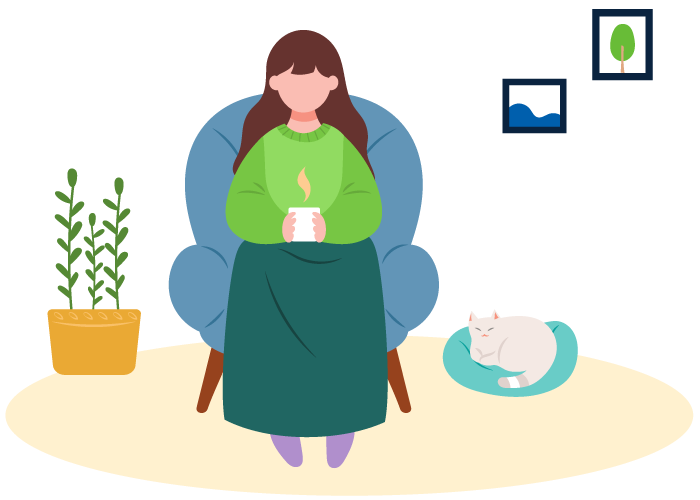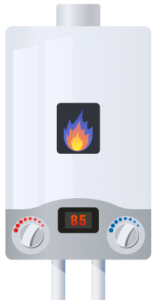Keep warm this winter
Cold weather can make some health problems worse and even lead to serious complications, especially if you are 65 or older, or if you have a long-term health condition.
Who’s most at risk from cold weather?
- people who are aged 65 and older
- babies and children under the age of 5
- people on a low income, who not be able to afford heating
- people who have a long-term health condition
- people with a disability
- pregnant women
- people who have a mental health condition

If you feel unwell, get some advice
If you are in one of the most at risk groups outlined above, it’s important to get medical advice and help as soon as you feel unwell.
You can get help and advice from:
- NHS 111 – go to 111.nhs.uk or call 111 if you have an urgent medical problem and you’re not sure what to do
- the Rotherham Health App – use the app to check symptoms, get advice and book appointments
- your local pharmacy – pharmacists can give clinical treatment advice for a range of minor illnesses and can tell you if you need to see another healthcare professional
- your GP practice – you can see the right healthcare professional for your needs online, over the phone, or in person for an appointment if they think you need to

Tips to help you and your family keep warm and well
- If you have limited mobility, are 65 or over, or have a long term health condition, such as heart or lung disease, heat your home to at least 18C
- If you‘re under 65, healthy and active, you can safely have your home cooler than 18C, as long as you’re comfortable
- Keep up to date with the weather forecast
- Try not to still for more than an hour – move around, take regular breaks, make a hot drink
- Going outside? Put on a coat, hat, scarf, gloves and warm shoes or boots
- Wear lots of thinner layers, which will keep you warmer than one thick layer
- Keep doors closed to retain heat
- Draw curtains when it starts to get dark and keep doors closed to minimise draughts
- Have at least one hot meal a day – eating regularly helps keep you warm
- Have hot drinks regularly throughout the day
- Use a hot water bottle or electric blanket to keep warm in bed – NEVER use a hot water bottle and an electric blanket together, as this is extremely dangerous
- Babies should sleep in rooms heated to between 16C and 20C to reduce the risk of sudden infant death syndrome (SIDS)
- If possible, make sure your house is well insulated to keep heating costs down
- Get your heating system checked regularly by a qualified professional
REMEMBER: Whilst keeping doors and windows closed will help to keep your house warm, be aware that when mixing with people from outside your household you should ventilate the space as much as possible to reduce the risk from the Covid-19 virus.
Do you need help with heating costs?
 You may be able to claim financial and practical help with heating your home. Grants available include the Winter Fuel Payment and the Cold Weather Payment.
You may be able to claim financial and practical help with heating your home. Grants available include the Winter Fuel Payment and the Cold Weather Payment.
For more information on how to reduce your bills and make your home more energy efficient, go to the government’s Simple Energy Advice website, or call the Simple Energy Advice helpline on 0800 444 202.
You can also find out about heating and housing benefits on Gov.uk.
It’s worth claiming all the benefits you’re entitled to as soon as winter begins.
Don’t forget to keep an eye out for elderly or vulnerable neighbours
Check on older neighbours and relatives, and those with heart or breathing (respiratory) problems, to make sure they:
- are safe and well
- are warm enough, especially at night
- have stocks of food and medicines so they do not need to go out during very cold weather
If you’re worried about a relative or elderly neighbour, you can call the Age UK helpline on 0800 678 1602 (8am to 7pm every day).
